In the ever-evolving legal landscape, the importance of efficient document management cannot be overstated. Law firms, legal departments in organizations and legal tech solutions are facing a common challenge – the relentless surge in document volumes coupled with the intricacies of regulatory compliance. The need for digital transformation has now elevated the significance of Intelligent Document Processing (IDP) for legal entities to effectively handle documents, ensure compliance, and thrive in a demanding environment.
Rising Document Volumes, Regulatory Complexity, and Digital Transformation
The legal industry has been inundated with an exponential increase in document volumes. Contracts, agreements, court filings, patents, intellectual property documents, legal research, compliance paperwork, and many others flood legal professionals’ desks daily. This surge in documents, combined with the complexity of ever-evolving regulatory requirements, creates a pressing need for streamlined processes that reduce manual effort, minimize errors, and ensure compliance.
Furthermore, the era of digital transformation has arrived, and the legal sector is no exception. Legal professionals are realizing that manual document management processes are no longer tenable in an era of rapid technological advancement – McKinsey revealed that
23% of legal work could be automated. Thus, IDP has emerged as a strategic imperative to tackle these challenges head-on.
Understanding IDP: Turning Chaos into Clarity
IDP is a technological marvel capable of converting unstructured data into a structured format. Given that
80% of the information lawyers deal with daily is unstructured, this ability is crucial. Through a combination of human training and software sophistication, IDP can:
Capture Documents: Including both hardcopy and digital.
Read Documents: Leveraging OCR & HTR.
Pre-Process Documents: Using Splitting and Cropping.
Classify Documents: Assigning documents to the right location.
Interpret Data: Utilizing Natural Language Processing (NLP).
Extract Data: Providing required Data Fields automatically.
The automation of these functions facilitates lawyers in constructing robust cases and aiding clients more effectively.
Selected Use Cases and Relevant Document Types
Contracts & Agreements:
Legal entities are involved in drafting, reviewing, and executing a multitude of contracts and agreements. IDP enables seamless extraction, analysis, and organization of key contract terms, accelerating the negotiation and approval process.
Court Filings:
The meticulous nature of court filings demands accuracy and timeliness. IDP automates the assembly and submission of required documents, minimizing the risk of errors and ensuring compliance with court-specific rules.
Patents & Intellectual Property:
Legal professionals dealing with patents and intellectual property rights require precision. IDP assists in the categorization, comparison, and analysis of complex patent documents, enabling efficient management of intellectual property portfolios.
Legal Research:
IDP enhances legal research by automating the extraction of relevant information from vast repositories of legal documents, saving valuable time and ensuring accuracy.
Compliance Documents:
Compliance with regulatory frameworks is non-negotiable in the legal industry. IDP ensures that compliance documents are generated accurately, reviewed comprehensively, and stored securely for audit purposes.
Document Classification:
The ability to categorize documents swiftly and accurately is crucial. IDP assists in the automatic classification of documents, making it easier to retrieve information and maintain a well-organized document repository.
Benefits of Implementing IDP in Legal Document Management
Efficiency and Time Savings:
IDP revolutionizes document processing by automating tasks that were previously time-consuming and error-prone. Legal professionals can redirect their focus to high-value tasks, resulting in significant time savings and increased productivity.
Enhanced Accuracy and Compliance:
The advanced capabilities of IDP minimize the risk of errors in document analysis, extraction, and classification. This ensures that documents adhere to legal regulations, mitigating the potential for costly legal disputes and non-compliance penalties.
Cost Reduction:
By automating document-related workflows, IDP contributes to reduced operational costs. Legal entities can allocate resources more efficiently, ultimately improving profitability and creating a competitive edge.
Bridging Legal Tech and IDP: A Powerful Synergy
Empowering Digital Evolution:
Also in the vibrant realm of legal tech, the journey towards digital transformation is pivotal. Intelligent Document Processing (IDP) presents a compelling opportunity for legal tech companies. This transformative technology seamlessly aligns with the industry’s digitalization wave, empowering clients to automate tasks, amplify efficiency, and retain a competitive edge.
Enhancing the Client Experience:
The allure of IDP extends beyond efficiency. For legal tech clients, where swift results are paramount, IDP’s improved document processing enriches the customer experience. This resonance between technological prowess and customer-centricity not only fosters retention but also draws new business, positioning legal tech entities as leaders in delivering cutting-edge solutions.
As legal tech navigates the digital frontier, the fusion of IDP creates a potent synergy that reshapes efficiency, customer engagement, and innovation. Natif.ai’s OEM Solution can support here.
Conclusion
As the legal industry grapples with escalating document volumes, intricate regulatory demands, and the imperative of digital transformation, embracing IDP for document management becomes paramount. Law firms and legal departments are recognizing the transformative potential of IDP in streamlining operations, enhancing accuracy, ensuring compliance, and ultimately fostering growth. Embrace IDP today and position your legal entity to thrive in the modern era of legal practice.







